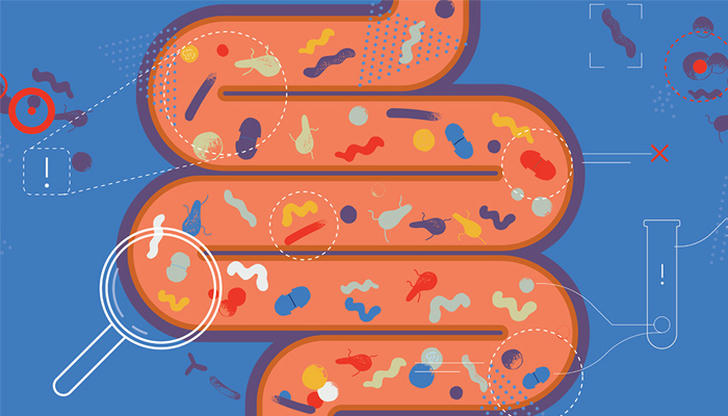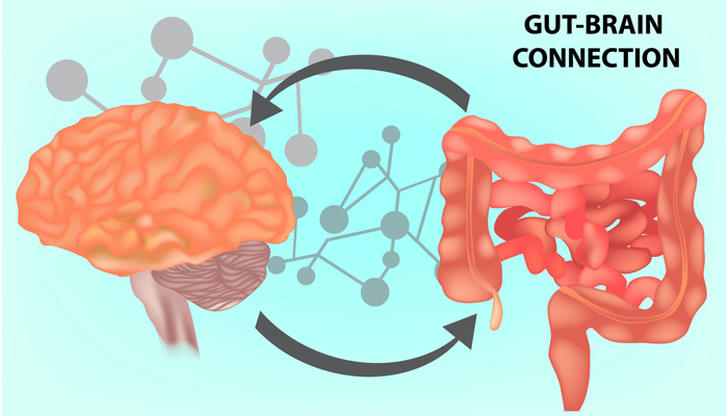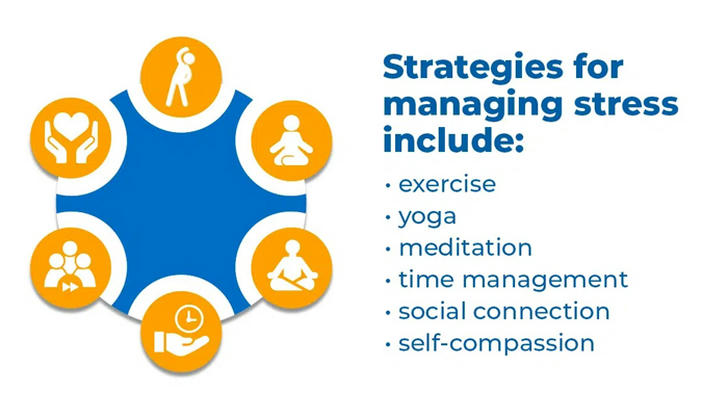The Link Between Stress and Digestion: What You Need to Know
Introduction
Stress is a natural response to challenges or perceived threats, affecting nearly every system in the body. Digestion, on the other hand, is a complex process where the body breaks down food to absorb nutrients essential for survival. Although these two may seem unrelated at first glance, research has increasingly shown a strong connection between stress and digestive health. Understanding this link can empower you to manage both stress and digestion more effectively, leading to better overall well-being.

How Stress Affects the Digestive System
The connection between the brain and the digestive system is often referred to as the gut-brain axis. This bi-directional communication pathway means that emotional and psychological stress can directly influence gut function.
When you experience stress, your body triggers a “fight or flight” response, activating the sympathetic nervous system. This response diverts blood flow away from the digestive tract to muscles and vital organs, slowing digestion. Meanwhile, chronic stress can cause inflammation and disrupt normal gut function over time.
Acute stress might cause temporary digestive discomfort, whereas chronic stress may contribute to long-lasting digestive issues.
Common Digestive Problems Related to Stress
Stress has been linked to several digestive disorders and symptoms, including:
- Irritable Bowel Syndrome (IBS): A condition marked by abdominal pain, cramping, bloating, diarrhea, and constipation. Stress often worsens IBS symptoms.
- Acid Reflux and Heartburn: Stress can increase stomach acid production and relax the lower esophageal sphincter, leading to acid reflux.
- Indigestion and Bloating: Stress may interfere with proper digestion and gas elimination, causing discomfort.
- Changes in Appetite: Some people eat more during stress (stress-eating), while others lose their appetite.
- Diarrhea and Constipation: Stress affects gut motility, sometimes accelerating it, causing diarrhea, or slowing it down, resulting in constipation.

Biological Mechanisms Behind Stress-Induced Digestive Issues
Several biological pathways explain how stress impacts digestion:
- Autonomic Nervous System: The sympathetic nervous system slows digestion during stress, while the parasympathetic nervous system promotes “rest and digest” functions when calm.
- Hormonal Changes: Stress hormones like cortisol and adrenaline alter digestive secretions and blood flow.
- Gut Motility and Secretion: Stress can disrupt the timing and strength of intestinal contractions and digestive enzyme release.
- Gut Microbiota: Stress may change the composition of beneficial gut bacteria, impacting digestion and immunity.
Recognizing Stress-Related Digestive Symptoms
It is important to recognize when digestive symptoms may be related to stress. Common signs include:
- Frequent stomach aches or cramps without clear cause
- Persistent changes in bowel habits
- Worsening of symptoms during stressful periods
- Symptoms that improve with relaxation or stress reduction
If symptoms are severe, persistent, or accompanied by weight loss, blood in stool, or difficulty swallowing, seek medical advice promptly.
Strategies to Manage Stress for Better Digestion
Effective stress management can greatly improve digestive health:
- Mindfulness and Meditation: These practices help calm the nervous system and reduce stress.
- Breathing Exercises: Deep, slow breathing stimulates the parasympathetic system.
- Physical Activity: Regular exercise lowers stress hormones and improves gut motility.
- Adequate Sleep: Quality sleep supports overall health and stress resilience.
- Balanced Diet: Eating nutrient-rich foods supports the gut lining and microbiota.

Medical and Therapeutic Interventions
Sometimes, medical intervention is necessary:
- Consult Healthcare Providers: For persistent or severe symptoms, diagnosis and treatment guidance are essential.
- Medications: Depending on symptoms, doctors may prescribe antacids, antispasmodics, or other drugs.
- Therapies: Cognitive behavioral therapy (CBT) and other psychological treatments can help manage stress and its digestive effects.
- Probiotics and Supplements: These may help restore gut bacteria balance, though evidence varies.
Practical Tips for Everyday Life
To reduce the impact of stress on your digestion, try these practical steps:
- Identify and avoid or manage stress triggers.
- Practice regular relaxation techniques.
- Maintain a consistent meal schedule with healthy foods.
- Stay hydrated.
- Avoid excessive caffeine, alcohol, and processed foods.
- Engage in social activities and hobbies that promote well-being.
Conclusion
The relationship between stress and digestion is a powerful example of how our mind and body are deeply interconnected. By understanding this link, you can take proactive steps to manage stress and support your digestive health. A holistic approach that includes lifestyle changes, stress management techniques, and medical support when necessary will help you achieve better overall health and quality of life.
Remember, nurturing both your mental and digestive health is essential — they truly go hand in hand.
